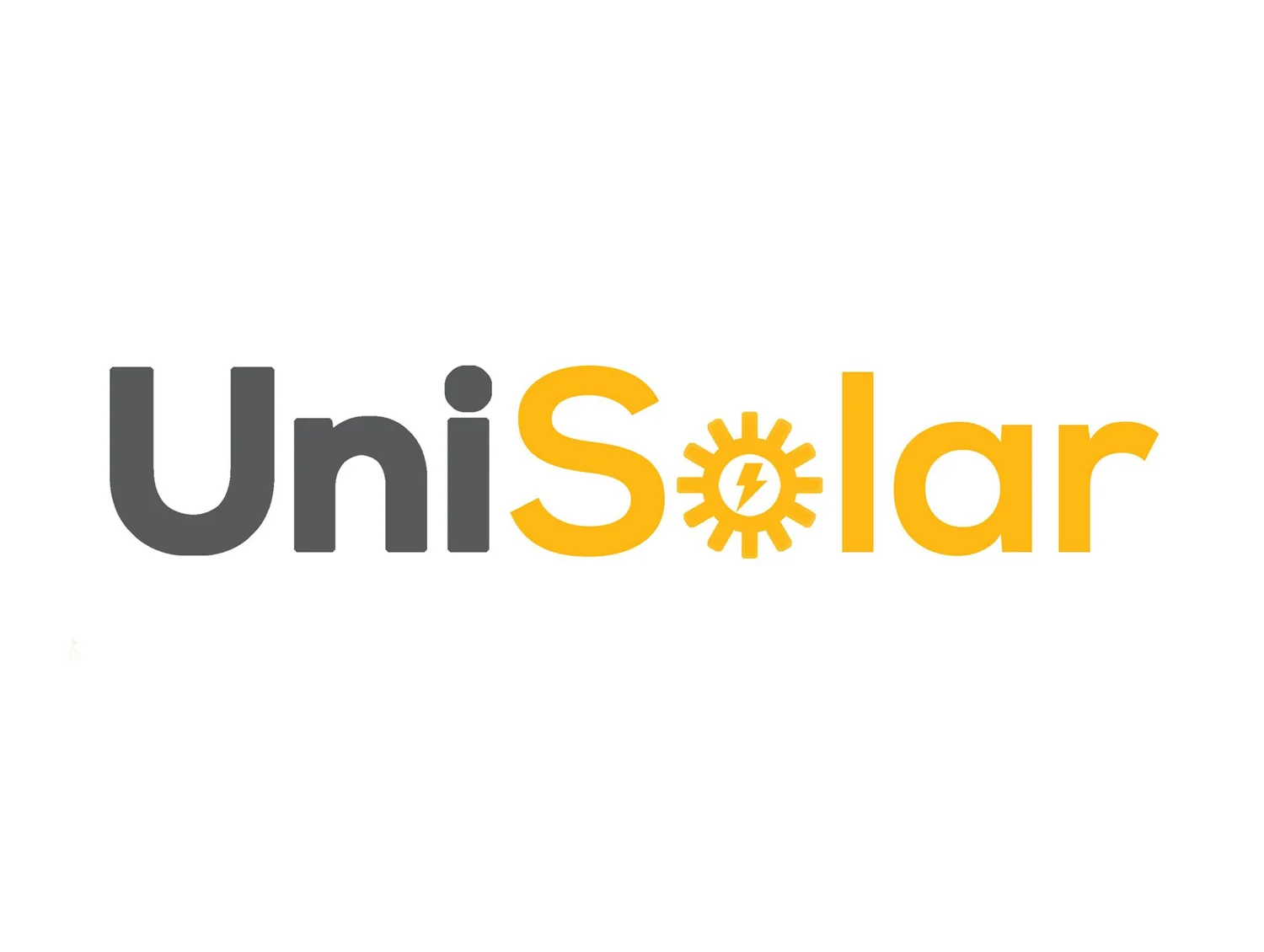The spark for community energy in Europe
In 2018, through the “Clean Energy for all Europeans” Package of Directives, the European Commission formally endorsed the idea that the clean energy transition has to happen with citizen participation at its heart. Amongst other things, this package effectively recognised “energy communities”, cooperatives that allow for citizens, municipalities and SMEs to collaboratively invest in renewable energy projects and transition from “consumers” to “prosumers”. This development builds on a long history of citizen energy groups in Europe, with frontrunners like Germany, Denmark and Belgium being home to thousands of initiatives for renewable energy generation, energy efficiency, e-mobility and more. However, the Clean Energy Package kickstarted a wave of legislative changes across Member States, which facilitated the decentralisation of the energy system, even in countries that traditionally relied on monopolistic central planning, such as Greece.
Action in Athens to reduce energy bills and fight climate change: Hyperion
Already in 2018, Greece was the first country to transpose the Directives into national law. In 2019, a handful of individuals in Athens, who for years have been preaching the message of energy democracy, seized the opportunity and decided to ‘walk the walk’ by founding Hyperion, the first not-for-profit solar energy community in Greece. On a personal level, my first ever interaction with the idea of energy democracy was back in 2018, when I learned about Solar SOAS. This inspirational group of students were working to make their university greener and more self-sufficient through community energy. Two years after the founding of our own project, having navigated obstacles such as extended bureaucracy, an unstable legal framework, lack of awareness and lack of financial mechanisms, and with the support of Electra Energy Cooperative, Hyperion has built a close-knit group of 32 members who have collectively built an 80kwp solar park outside of Athens. Our energy community is utilizing the model of virtual-net-metering, which means that the energy generated from the solar park is fed into the grid, and then the energy provider calculates the total energy generated by each member and compares that with their household energy consumption. In practice, this means that each month Hyperion’s members see a significant reduction in their energy bills. This is especially important in Greece, where a large segment of the population faces varying degrees of energy poverty.
The crucial role of community energy
A snapshot from the first in-person meeting of Hyperion’s members
By law, energy communities can do much more than just generate (and self-consume) energy. They can expand in the areas of energy efficiency, education, advocacy, e-mobility, heating, cooling, storage and more. In practice, this means that energy communities can function as ‘cells’ of innovation, experimentation and citizen dialogue, where the principles of direct democracy guide a community’s strategic development. This is one of the key motivations that brought Hyperion’s members together: beyond tackling energy poverty and fighting climate change, most members are keen to experiment with the inner workings of running a cooperative where each member has one vote and everyone is treated as an equal.
Hyperion joins a rapidly growing movement across Europe of citizens taking energy into their own hands. Rescoop.eu, the pan-European federation of citizen energy cooperatives boasts hundreds of members representing more than a million European citizens. And the UK has many community energy projects too, such as Energy Garden London which is illustrating how the renewable energy transition can bring people together, tackle poverty and promote inclusion. The growing crises of socioeconomic inequality and runaway climate change necessitate a broad transformation of society. Beyond replacing oil pipelines with solar panels, we must therefore re-examine the social relations and power structures behind the energy system. As citizens, we can and must take clean energy into our own hands and build a new system from the ground-up.
Written by Chris Vrettos - Member of Hyperion, Consultant at Electra Energy Cooperative and Co-founder of the The Climate Collective.
08 August 2021

